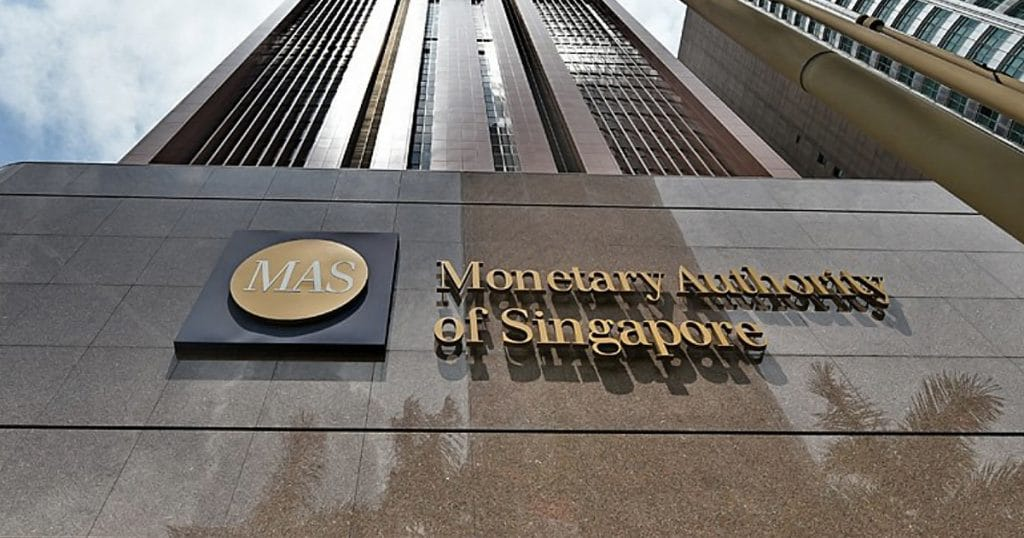Singapore’s Coinhako cryptocurrency exchange, one of a handful to have a full license to operate under the city state’s stringent rules, said it’s planning to expand in Asia over the next year, even amid a slump in crypto prices and trading volumes that has seen other exchanges pull back or shut down.
Coinhako, operated by Hako Technology Pte. and founded in 2014 by Singaporean entrepreneurs Yusho Liu and Gerry Eng, had kept its focus on the local market until now. Its expansion plans include acquisitions, Collin Cheong, director for corporate development at the exchange, told Forkast in an exclusive interview.
“Small acquisitions or some kind of acquisition is definitely on the table,” he said. “We do have the expertise to go into different markets to set up our own shop as well. So either going in ourselves, or partnering with someone or an acquisition,” Cheong said. He declined to give specifics on potential markets or partners.
Coinhako’s expansion plans come as many rivals are shrinking or withdrawing.
Nasdaq-listed Eqonex Ltd. this week said it will close its crypto exchange in Singapore, citing narrow margins and a slump in trading volumes. Bigger exchanges like CoinFlex and Coinbase are cutting staff, reflecting the 70% slump in the crypto market’s capitalization to around US$790 billion earlier this year from a November high of about US$3 trillion.
Still, Coinhako’s approach of seeing an opportunity in a downturn does look to be in the same camp as the world’s biggest asset manager BlackRock Inc., which said last week it’s looking at starting a Bitcoin fund for institutional clients in the U.S. and plans to partner with Coinbase.
Tough boss
Cheong said the company’s experience in dealing with a strict regulator like the Monetary Authority of Singapore (MAS) gives it the ability and confidence to tackle regulatory practices in other Asian countries as well, though he added that compliance is costly.

As MAS, the island nation’s central bank, brought in tougher regulations on crypto trading, Coinhako has expanded the size of its compliance team more than two fold since 2021, Cheong said.
Hiring more people for compliance departments is expensive, but he said more hires are planned to keep pace with rules in Singapore and to prepare for expansions in Asia.
“Platforms like ourselves need to ensure that there are certain standards in place to ensure users understand the risk of engaging in crypto assets or digital assets in general, and educating users as well,” he said.
“So that’s probably the bulk of where the cost of compliance is going,” Cheong added, without elaborating on the size of the cost increases.
MAS, which has repeatedly warned the general public about the risks of trading in cryptocurrencies, said last month that it would further strengthen regulations on such issues as consumer protection, market conduct, and reserves for backing stablecoins.
So far, Singapore’s regulatory focus on crypto has been mainly toward containing money laundering and terrorist financing risks, MAS Managing Director Ravi Menon had said.
Bigger clients
Coinhako’s current client base is about 80% retail traders, Cheong said, but it plans to market more services to institutional investors, such as family offices, asset managers and traditional financial institutions.

Cheong said Coinhako is speaking to institutions about partnerships, including custody services and access to a variety of cryptocurrencies and products. He didn’t name the institutions.
By the numbers, Coinhako’s total trading volume in 2021 reached S$7 billion (US$5.1 billion), an increase of 1200% from the previous year and the latest figures available, according to the company. By the end of 2021, Coinhako reported it more than doubled its registered users on year to 380,000.
Cheong said Coinhako hasn’t escaped the bear market and has seen trading volumes fall amid a loss of investor confidence.
But he said the company has “more than enough reserves” to tide through the current crypto slump and has been responsible with operating expenses.
“There are going to be bear markets in the crypto space, just like any industry, and (we) need to have sufficient provisions for that.”





